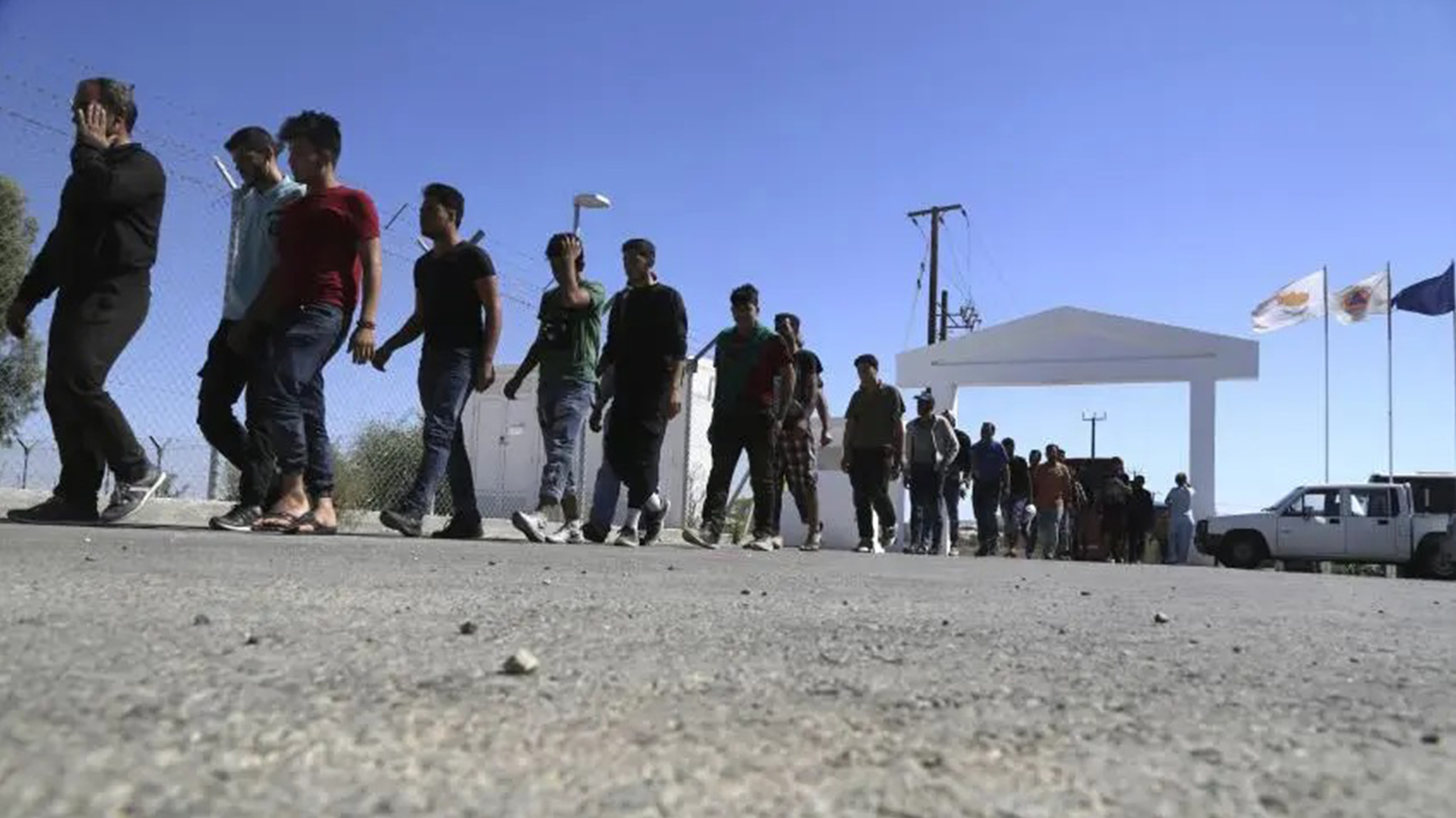Syria continues to be unsafe for returns: HRW’s Refugee Director

ERBIL (Kurdistan 24) – Bill Frelick, director of Human Rights Watch's (HRW) Refugee and Migrant Rights Division, in a piece on Friday argued that Syria is not safe for returns, after Cyprus Interior Minister Constantinos Ioannou in mid-September said that the EU should re-evaluate whether Syria is safe for returns.
To those, like #Cyprus, clamoring to deport Syrians, @HRW says:
— Philippe Dam (@philippe_dam) September 29, 2023
Arbitrary detentions, kidnappings, tortures, and killings that we have documented for years against refugees who returned to #Syria have not ceased. https://t.co/LN2CILc6Cj pic.twitter.com/0hR4K4lm9b
His comments come amidst the ongoing refugee crisis in the EU and continuous influxes of migrants and refugees into Europe, posing a challenge for every member of the EU.
In 2021, Human Rights Watch documented how Syrian security agencies arbitrarily detained, kidnapped, tortured, and killed refugees who returned to Syria between 2017 and 2021.
Read More: Syrian refugees who returned to their country faced torture and rape, Amnesty report says
Moreover, in the same year, a report by Amnesty International documented how Syrian government security forces detained, tortured, and raped former Syrian refugees returning to their country.
“That pattern of abuse and persecution has not ceased. As recently as July, Human Rights Watch found that returnees had been tortured in the Syrian military intelligence’s custody and conscripted to serve in Syria’s military reserve force,” HRW’s Frelick wrote.
Contrarily, Ioannou cited the European Union Asylum Agency’s (EUAA) assessment that Damascus and other parts of government-controlled Syria are no longer experiencing generalized violence.
However, HRW’s Frelick argued that Ioannou's assessment omitted the agency’s observation that people being returned to Damascus could still be at risk of persecution and that sending people there who were not at risk of persecution would only be reasonable “in exceptional cases.”
“The absence of indiscriminate violence in part of a country does not mean the country is safe. It doesn’t even mean those places where bullets are not flying are free from danger,” he added.
“In Syria, where the EUAA rates eight governorates as having high or exceptionally high levels of indiscriminate violence, the Assad government’s long-standing intolerance and suppression of dissent, and its suspicion and hostility toward Syrians whom it believes opposed it, means fear-of-persecution claims of anyone who fled the country must be seriously considered,” he concluded.
